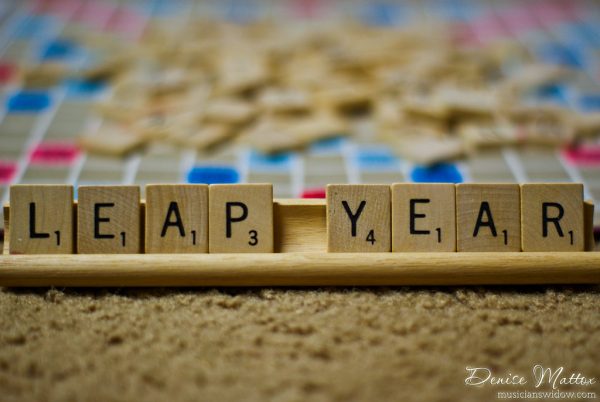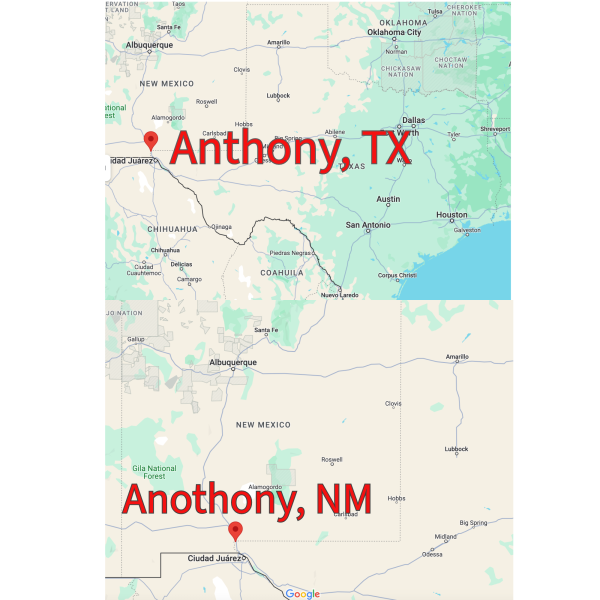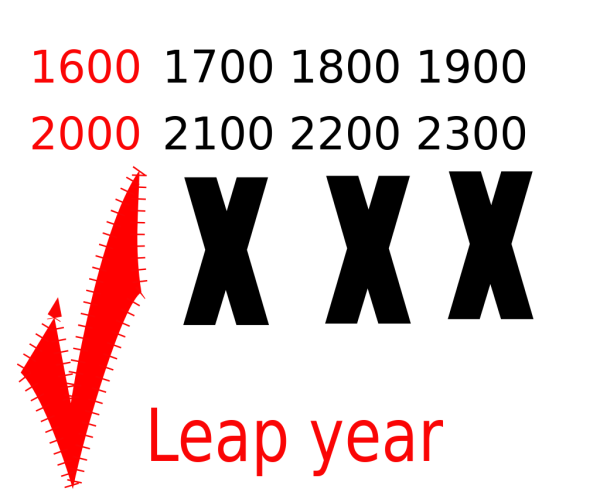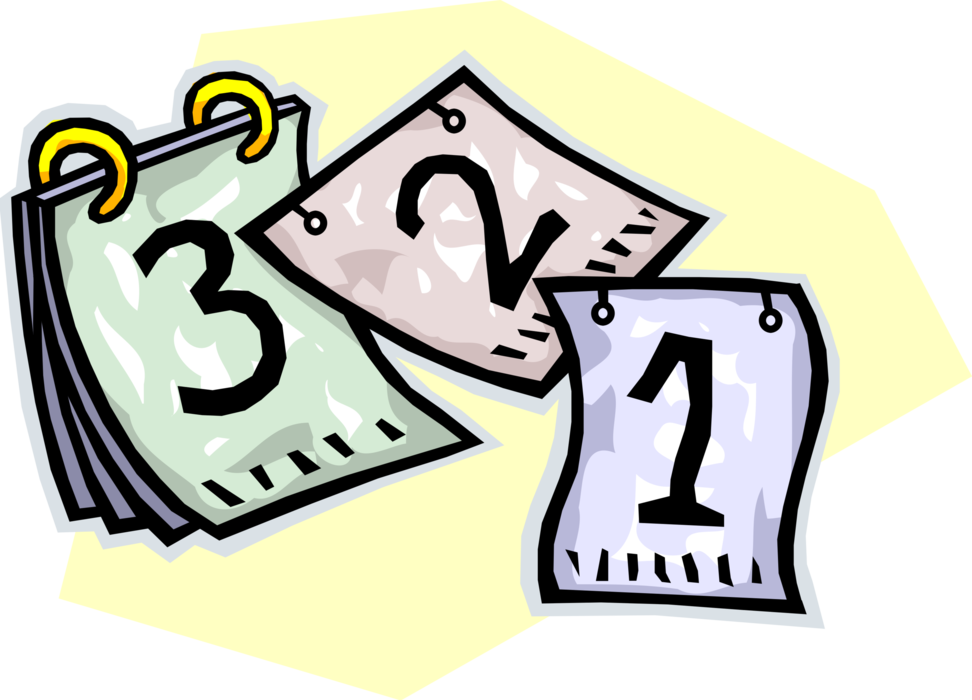What happens every four years? You guessed it: Leap Year! But, what exactly does “leap year” mean? Well, it means we add an extra day to February to give it 29 days instead of 28 days. But, why does it exist and what purpose does it serve? For that answer, one must look towards the stars…
Reason for Calendar Change
The first 365-day calendar was adopted by Julius Caesar, but was later updated by Pope Gregory XIII in 1582. As crazy as it sounds, that is the same calendar used today.
However, this calendar includes a 366-day year every four years. Why add an extra day to the year every four years? The science behind the adaptation is to keep the calendar in line with Earth’s orbit around the sun, which actually takes 365 1/4 days. Earth’s rotation around the sun is rounded down to 365 days for calendar purposes, but the extra 1/4 day does need to be accounted for to keep the seasons from drifting in the calendar. Therefore, there is an extra day added every four years in order to keep the seasons on track for people and the calendars accurate as Earth orbits around the sun.

How the Name Came to Be
It makes sense to keep everything in line when it comes to the Earth’s rotation around the sun, but why is it named “leap year”?
The answer is much simpler than many would believe. The name comes from how your birthday falls one day later every year. For example, if your birthday occurred on a Monday, then it would be on a Tuesday the next year. This is because every 365 days is 52 weeks and 1 day, so your birthday moves one day later each regular year.
However, the addition of a day to the year makes the 366 days 52 weeks and 2 days. Therefore, your birthday would skip, or leap, over one day. Using the same example, if your birthday were on a Monday, then, if the following year was a leap year, your birthday would skip over Tuesday and land on a Wednesday. With this meaning, everyone has their own, unique way of seeing leap year.

(license: https://creativecommons.org/licenses/by-nd/2.0/) (Denise Mattox)
Fun Facts
Though this year may be longer by one day, here are some fun facts to keep your spirits up.
1. There are more than four million people worldwide who were born on leap day.
2. The Summer Olympics are held every four years which happens to be a leap year.

3. If there was not a leap day, the calendar would be off by about 24 days every 100 years.
4. The Leap Year capitals are the twin cities of Anthony, Texas and Anthony, New Mexico. Every leap year, the cities will hold a four-day celebration that ends with a huge birthday party to celebrate all the leap year babies.

5. A tradition started in the Scotland, Ireland area centuries ago when, on leap day, a woman would propose to their man. This tradition has since spread and evolved into dances as well as including the proposal aspect.
6. Centuries (1800, 1900, 2000, etc) are only leap years when they are divisible by 400.

(license: https://creativecommons.org/licenses/by-sa/4.0/?scrlybrkr=51ad1336) (İncelemeelemani)
7. The majority of websites will say that a birthday is invalid if it is imputed as 2/29.
8. There are cultures that consider leap day an unlucky day.
9. People who work on leap day, February 29th, are sometimes working for free. This occurs when someone is payed a fixed monthly income since it probably was not set to account for the extra day.
10. In Greece, it is considered unlucky to get married on leap day, so one in five couples avoid the day altogether.








